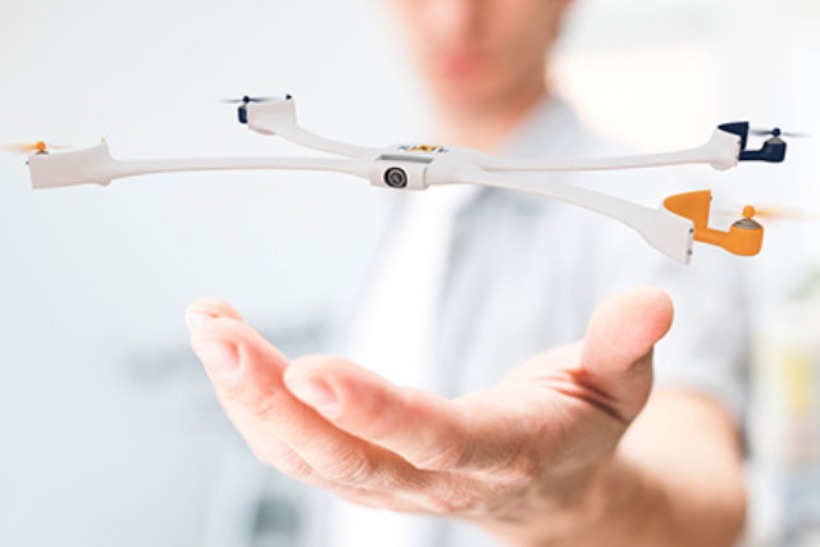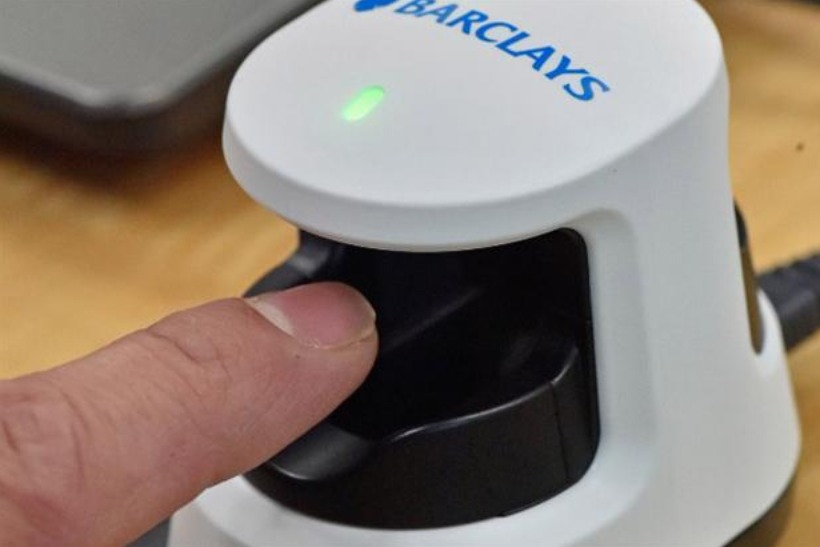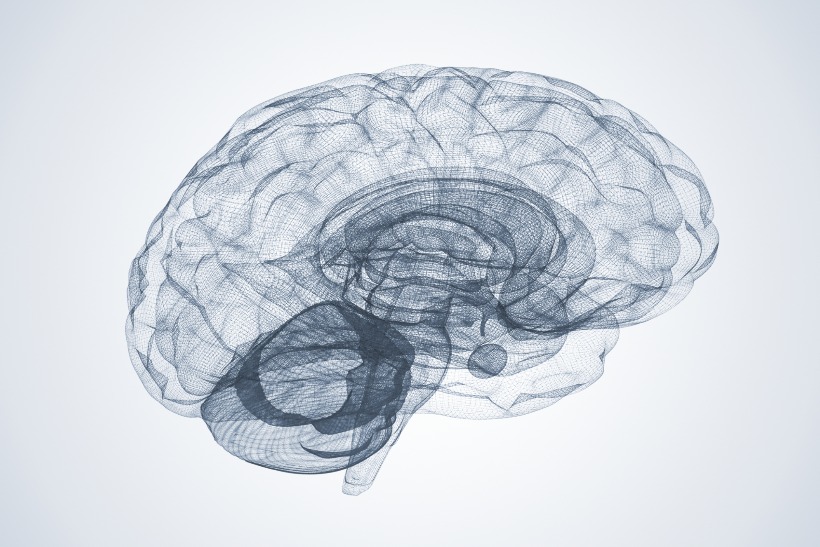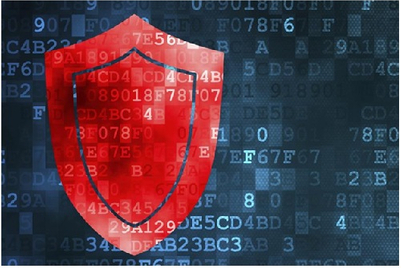
When it comes to thinking about how the internet of things (IOT) might impact privacy, it's easy to get stuck on smart fridges and thermostats that respond to your habits, writes Simon McEvoy, planning director at Jam.
Discussions at SXSW this year open up a totally new set of opportunities and threats that will come about in a hyper-connected world.
Drones will leave data trails
The discussion began with wearable drones – small airborne devices that clip onto the human body and suddenly deploy to complete certain tasks for us. For example, a drone which flies slightly ahead of us in a city to guide us to a restaurant, or hovers above us with large blades, keeping off the rain.
These drones would all issue a personal data stream, containing information like location or our home address, which all become part of the picture of our identity that will be publicly or privately available to those who have access to our connected devices.
Wearable drones are a perfect example of a value exchange in return for data that characterises the debate around the Internet of things and privacy.
Essentially – what personal convenience gained from connecting our personal devices to the internet is worth surrendering incredibly sensitive personal data?
Future identity is up for grabs
Identity management is the nub of the issue here. If we are creating countless new explicit and inferred data points about ourselves, who will own and manage that data, and what does it mean for our personal identity?
Digital identity rights have been a hot topic at a number of talks this year. Jonathan LeBlanc, PayPal’s head of developer evangelism, spoke about the benefits of using identifiable biometric data or ingestible tech as new forms of ID instead of passwords.
This extended to being able to use unique brain activity — thinking of a personal memory — to act as an ID. You would then have to have a mirror of that thought process stored somewhere, which asks further questions about identity storage and security.
In a discussion on online activism, Amnesty International’s US communications expert, Cammie Croft, told us that the organization takes digital rights so seriously that it is campaigning for new laws which could enshrine inherent digital human rights, in the same way we have offline ones.
There’s a new privacy rulebook
Steve Scarf, chief executive of digital identity firm UnboundID, shared his three principles that data users and owners need to consider when creating Internet-enabled objects.
The first is trust. You must earn trust to be able to use data in an equitable way, particularly where participation in the relationship is more passive than active.
The second principle is choice and consent. The user must always be able to choose to opt in or out of data collection, and must explicitly give consent.
The final point is that these are not just rows of ones and zeros, but data about individuals, so they own it.
Brands that enter into the IoT world have to accept that the data about a person belongs to that person. There are big opportunities opening up to help users manage that data safely (services like data management firm MyDex, for example), but brands that want to offer IoT services will have to rethink how much data they can fairly ask for in return.
Memories may never die
The final thoughts on our digital identities came from the hugely inspirational Martine Rothblatt, chief executive of biotech outfit United Therapeutics.
She spoke of her United Therapeutics’ attempts to extend human life to immortality by creating a mirror of our consciousness using artificial intelligence, which would mean our consciousness would never die, even when our physical body perishes.
Rothblatt spoke of how we would interact with our digital consciousness, our mind-clone, throughout our lives, using it to bounce ideas off or coach us through tough times.
She has already started to explore this possibility, creating an early beta of her wife’s mind-clone – Bina 48 – which speaks and thinks in a chillingly human way.
The individual is changing
Fundamentally this future possibility will ask huge questions about what our identity actually is on and offline.
In a world where our consciousness is stored in a cloud, which can operate the internet-connected devices our homes and where thoughts act as passwords, we will clearly have a very different view of what constitutes the individual.
Perhaps we can foresee a future where our identity becomes quite malleable, extending out and merging with connected devices around us. There may be a blurring of lines between the biological world and connected cyber world. Would such a world even be desirable?
It seems that increasingly we will accept that both ethically and legally, the individual will take greater charge of managing, controlling and even monetising their own personal data.
Putting digital identity management in the hands of the individual will allow us to increase trust in devices and the brands that make them — rather than scare people with stories of smart TVs that listen to your private conversations. We need to build this trust if the promise of the IoT is to be realized.
(This article first appeared on MarketingMagazine.co.uk)







.jpg&h=334&w=500&q=100&v=20250320&c=1)
.jpg&h=334&w=500&q=100&v=20250320&c=1)

.jpg&h=334&w=500&q=100&v=20250320&c=1)


.jpg&h=334&w=500&q=100&v=20250320&c=1)


.jpg&h=334&w=500&q=100&v=20250320&c=1)





.jpg&h=268&w=401&q=100&v=20250320&c=1)


